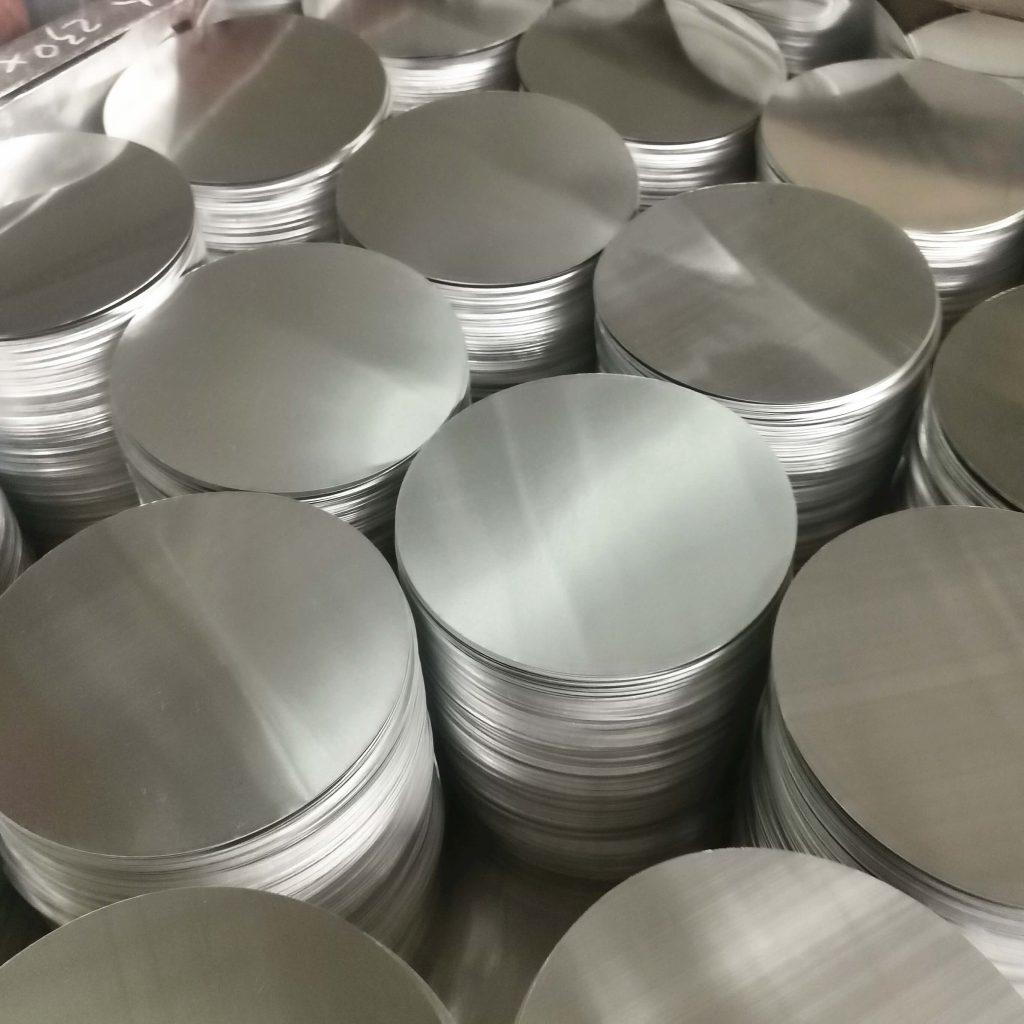Quality Control in Aluminium Circle Production: The Tests That Ensure Performance

Aluminium circles are a fundamental component in cookware, packaging, and industrial applications, where consistency and reliability are critical. Ensuring their quality requires rigorous testing and quality control measures throughout the production process. Here’s a closer look at the methods that guarantee performance in aluminium circle production.
Raw Material Inspection
Quality control starts with selecting high-grade aluminium alloys. Suppliers are carefully vetted, and incoming raw materials undergo chemical composition analysis to confirm alloy specifications. This step is crucial to ensure that the final product exhibits the desired mechanical properties, corrosion resistance, and thermal conductivity. Any deviation at this stage can compromise the integrity of the aluminium circles.
Dimensional Accuracy and Surface Inspection
Once production begins, aluminium circles are subjected to precise dimensional checks. Thickness, diameter, and flatness are measured using laser gauging systems and micrometers. Surface quality is equally important. Manufacturers inspect for scratches, pits, or discoloration, as even minor defects can affect cookware aesthetics or industrial performance. Automated optical inspection systems are increasingly used to detect inconsistencies that may be missed by the human eye.
Mechanical and Metallurgical Testing
Aluminium circles must withstand forming processes and everyday use without deforming. Mechanical testing includes hardness measurement, tensile strength tests, and bend tests to ensure durability and flexibility. Metallurgical testing, such as microstructure analysis, evaluates grain size and distribution, helping predict performance during stamping, spinning, or drawing operations.
Thermal and Corrosion Resistance Tests
Thermal performance is critical, especially for cookware. Aluminium circles undergo heat treatment and thermal conductivity testing to ensure even heat distribution and resistance to warping. Corrosion resistance is evaluated through salt spray tests or chemical exposure tests to simulate long-term usage and prevent premature degradation.
Quality Standards and Certification
To meet international standards, aluminium circle manufacturers adhere to ISO and ASTM certifications. Compliance ensures that products maintain consistent quality across batches, instilling confidence among customers. Advanced documentation systems track every stage of production, from raw material sourcing to final inspection, ensuring traceability and accountability.
Continuous Improvement Through Feedback
Quality control is not static. Manufacturers rely on customer feedback, performance data, and technological advancements to refine testing procedures. Continuous monitoring helps identify potential weaknesses and adapt production processes to maintain high-quality aluminium circles.
In conclusion, rigorous quality control is the backbone of aluminium circle production. From raw material inspection to mechanical, thermal, and corrosion testing, every step ensures that the final product meets exacting standards. By combining advanced technology with meticulous monitoring, manufacturers deliver aluminium circles that perform reliably, whether in high-end cookware or industrial applications.
- Art
- Causes
- Crafts
- Dance
- Drinks
- Film
- Fitness
- Food
- Juegos
- Gardening
- Health
- Inicio
- Literature
- Music
- Networking
- Otro
- Party
- Religion
- Shopping
- Sports
- Theater
- Wellness


